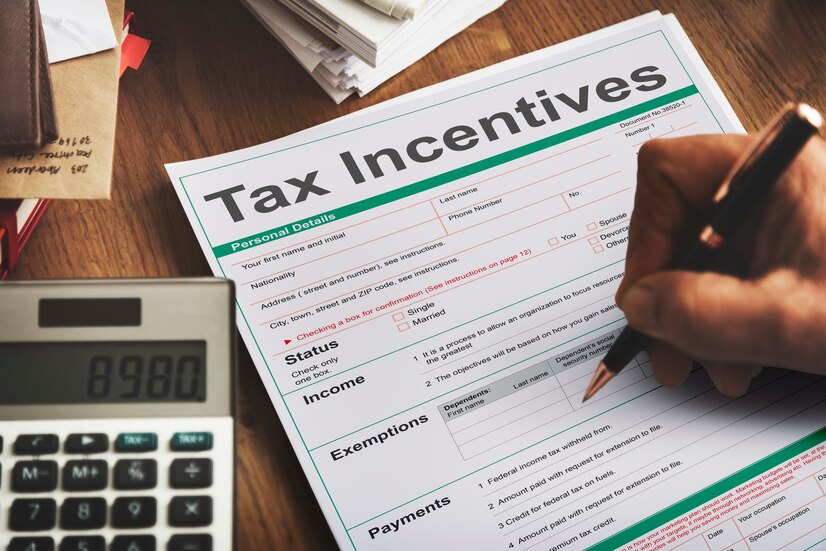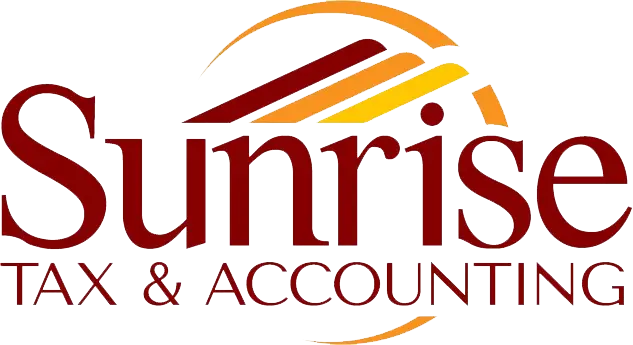
Tax season can be a stressful time for many individuals and businesses in Kansas City. Understanding your tax liability and finding ways to reduce it can help alleviate some of that stress and potentially save you money. In this comprehensive guide, we’ll explore what tax liability is, what causes it, and five effective strategies to minimize it.
What is Tax Liability?
Tax liability is essentially the financial responsibility individuals and businesses have to pay taxes on their income to the government. It’s a crucial aspect of personal and corporate finance, representing the legal obligation to fulfill tax requirements. This liability is determined based on taxable income, which encompasses earnings from various sources like wages, investments, and business profits.
The calculation of tax liability involves considering a variety of factors. Firstly, taxable income is determined by subtracting eligible deductions and credits from total income. Deductions, such as mortgage interest, charitable donations, and certain business expenses, reduce taxable income. Tax credits, on the other hand, directly reduce the amount of tax owed and can significantly lower tax liability.
Moreover, tax rates play a fundamental role in determining the final tax liability. Tax brackets dictate the percentage of income that individuals or businesses are taxed at, with higher incomes typically taxed at higher rates. Additionally, different types of income may be subject to different tax rates, such as ordinary income, capital gains, and dividends.
It’s important to note that tax liability isn’t a fixed amount and can vary from year to year based on changes in income, deductions, credits, and tax laws. Understanding one’s tax liability is crucial for effective financial planning, as it allows individuals and businesses to anticipate and budget for their tax obligations accurately. By managing deductions, taking advantage of available credits, and staying informed about tax laws, taxpayers can optimize their tax liability and minimize their tax burden.
What Causes Tax Liability?
Several factors contribute to tax liability, including:
Investment Income: Income from investments, such as dividends, interest, and capital gains, is subject to taxation and can increase tax liability.
Filing Status: Whether single, married filing jointly, married filing separately, or head of household, affects tax rates and deductions, impacting overall tax liability.
Tax Treaties: For businesses operating internationally, tax treaties between countries can influence tax liability by determining which country has the right to tax certain income.
State and Local Taxes: In addition to federal taxes, state and local taxes also contribute to overall tax liability, with rates varying by jurisdiction.
Changes in Tax Laws: Changes in tax laws, including new legislation or revisions to existing tax codes, can affect tax liability by altering deductions, credits, and tax rates.
Tax Planning Strategies: The use of tax planning strategies, such as retirement contributions, health savings accounts, and income deferral, can help minimize tax liability by optimizing deductions and credits.
Tax Deductions for Individuals in Kansas City: Certain expenses, such as mortgage interest, property taxes, and charitable contributions, may be eligible for deductions, reducing taxable income and lowering tax liability for individuals in Kansas City.
Tax Credits for Individuals in Kansas City: Various tax credits, such as the Earned Income Tax Credit (EITC) or the Child Tax Credit, may be available to individuals in Kansas City, providing a dollar-for-dollar reduction in tax liability.
5 Ways to Reduce Tax Liability in Kansas City
Now, let’s explore five effective strategies to reduce your tax liability in Kansas City:
- Maximize Deductions: Take advantage of all available tax deductions to lower your taxable income. Common deductions include:
- Mortgage interest
- Property taxes
- Charitable contributions
- Medical expenses
- Education expenses
- Business expenses (for self-employed individuals)
By maximizing deductions, you can reduce your taxable income and lower your tax liability.
2. Contribute to Retirement Accounts: Contributing to retirement accounts such as 401(k)s, IRAs, or SEP-IRAs can lower your taxable income and reduce your tax liability. Contributions to these accounts are often tax-deductible, meaning you can lower your taxes now while saving for retirement.
3. Utilize Tax Credits: Tax credits directly reduce the amount of tax owed, making them valuable tools for reducing tax liability. In Kansas City, you may be eligible for various tax credits, including:
- Earned Income Tax Credit (EITC)
- Child Tax Credit
- Education Tax Credits
- Energy Efficiency Tax Credits
Be sure to research and take advantage of any tax credits for which you qualify.
4. Invest in Tax-Advantaged Accounts: Investing in tax-advantaged accounts such as Health Savings Accounts (HSAs) or 529 college savings plans can provide tax benefits. Contributions to HSAs are tax-deductible, and withdrawals for qualified medical expenses are tax-free. Similarly, earnings in 529 plans grow tax-free when used for qualified education expenses.
5. Plan for Capital Gains and Losses: Capital gains from investments are typically taxed at a lower rate than ordinary income. Consider strategically timing the sale of investments to minimize capital gains taxes. Additionally, offset capital gains with capital losses to reduce overall tax liability.
Conclusion
Reducing your tax liability in Kansas City requires careful planning and consideration of various factors such as income, deductions, credits, and tax rates. By maximizing deductions, utilizing tax-advantaged accounts, and strategically planning investments, you can lower your taxable income and minimize the amount of tax owed. Consult with a tax professional or financial advisor for personalized advice tailored to your specific situation. By taking proactive steps to reduce your tax liability, you can keep more of your hard-earned money and achieve your financial goals.
Looking for strategies to optimize your tax situation in Kansas City? Call our office today at +1 (816) 456-4324 to arrange a tax assessment and planning session. Our tax professionals can provide a customized analysis of your tax liability and identify opportunities to reduce your taxes legally.
Additionally, you can email us your latest tax documents at help@sunrisetaxaccounting.com and one of our certified public accountants will get back to you within 1-2 business days with an estimate of your potential tax savings through approaches discussed in this article. There’s no obligation – we’re happy to help evaluate your situation free of charge.
FAQs
Can I reduce my tax liability by making charitable contributions in Kansas City?
Yes, charitable contributions are deductible expenses that can lower your taxable income and reduce your tax liability in Kansas City.
Are there any specific tax credits available for individuals and businesses in Kansas City?
Yes, Kansas City residents may be eligible for various tax credits, including the Earned Income Tax Credit (EITC), Child Tax Credit, and education tax credits, which can directly reduce their tax liability.
How can I determine my tax liability accurately in Kansas City?
To calculate your tax liability in Kansas City, you’ll need to consider your taxable income, deductions, credits, and applicable tax rates. It’s advisable to consult with a tax professional or use tax software to ensure accuracy.
